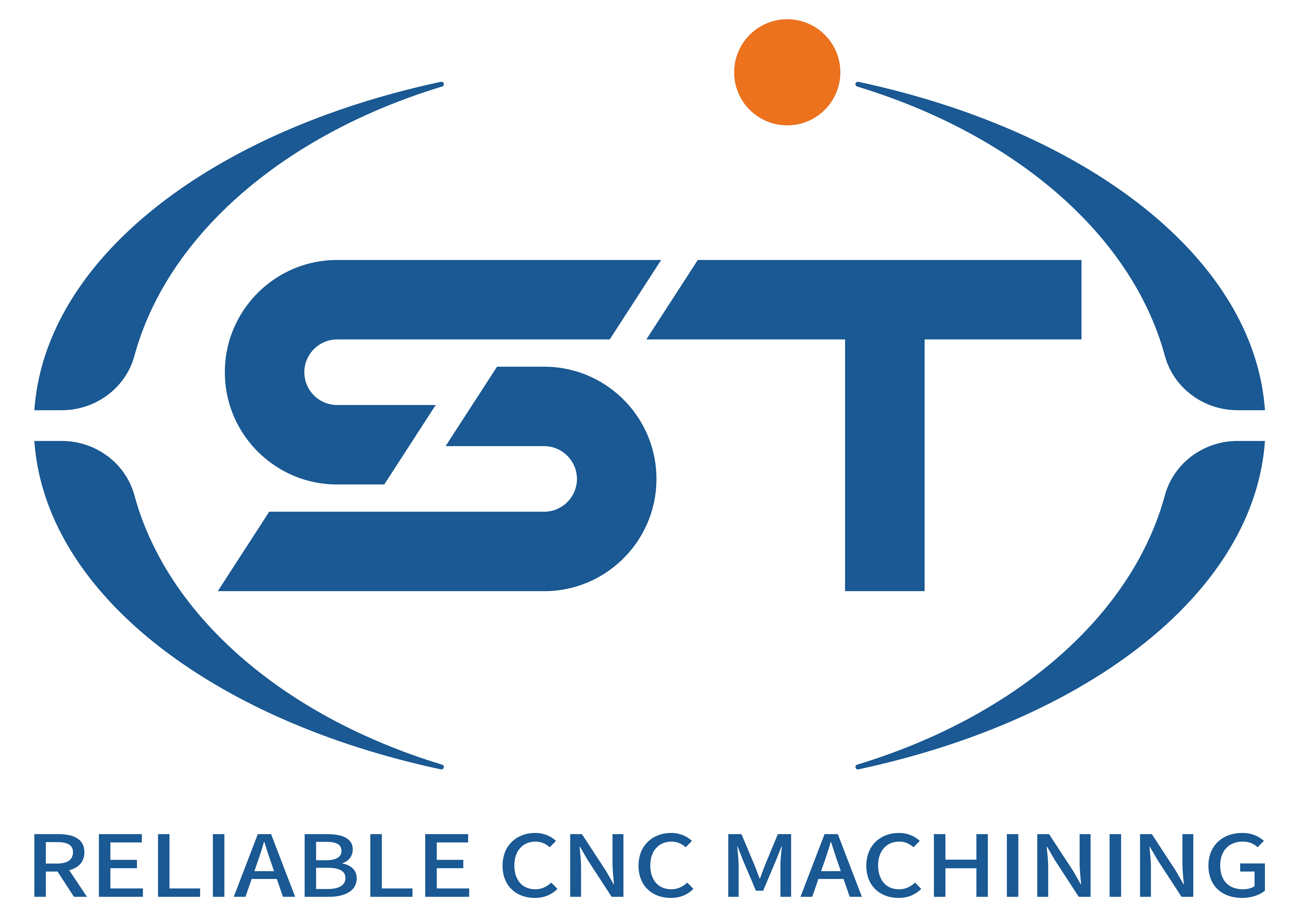Evolving Talent Demands in the Automotive Faites une demande maintenant ! Industrie
Le secteur de l'usinage CNC automobile subit une transformation profonde sous l'impulsion de l'électrification, de l'adoption de l'Industrie 4.0 et des changements de paradigmes de production. Alors que les fabricants s'efforcent de concilier précision, efficacité et durabilité, les compétences requises pour les opérateurs, programmeurs et ingénieurs CNC évoluent rapidement. Ci-dessous, nous explorons comment les avancées technologiques et la dynamique du marché redéfinissent les besoins en talents dans cette industrie critique.
Table of Contents
ToggleCross-Disciplinary Technical Expertise for Smart Manufacturing
The integration of automation, IoT, and AI into CNC systems has created a demand for professionals who bridge traditional machining knowledge with digital competencies. Modern CNC operators must understand not only how to set up and run machines but also how to interpret data from embedded sensors to optimize cutting parameters in real time. For instance, an operator might use vibration analysis to detect tool wear early or adjust spindle speed based on AI-generated recommendations, reducing downtime and improving part quality.
Similarly, CNC programmers now require skills in digital twin simulation and CAM software that supports multi-axis machining. A programmer designing a complex electric vehicle (EV) battery housing must ensure the tool path minimizes material waste while avoiding collisions in a tightly packed workspace. This requires familiarity with advanced CAD/CAM tools and an understanding of how machine kinematics interact with part geometry.
Engineers, meanwhile, are increasingly expected to collaborate with data scientists and IT specialists to implement predictive maintenance systems. For example, an engineer might work with a team to develop an algorithm that forecasts spindle failures by analyzing historical performance data, enabling proactive repairs before breakdowns occur. Such roles demand a blend of mechanical engineering knowledge, programming skills, and statistical analysis capabilities.
Sustainability-Focused Skills for Eco-Conscious Production
As automotive manufacturers face stricter environmental regulations, CNC professionals must adapt to sustainable practices. This includes expertise in dry machining techniques, which eliminate the use of cutting fluids to reduce waste and improve workplace safety. Operators skilled in dry machining understand how to adjust cutting speeds and tool geometries to manage heat generation without compromising surface finish, a critical skill for producing lightweight aluminum components used in EVs.
Another growing area is the machining of recycled and bio-based materials. Engineers are tasked with developing processes that maintain precision when working with composites made from recycled plastics or natural fibers. For instance, a CNC programmer might need to optimize tool paths for a bio-composite dashboard component to prevent delamination during cutting, requiring knowledge of material behavior under varying stress conditions.
Sustainability also extends to energy efficiency. CNC technicians are increasingly involved in retrofitting older machines with energy-saving technologies, such as variable-speed drives or regenerative braking systems. This requires electrical engineering knowledge and an understanding of how to integrate these upgrades without disrupting production workflows.
Soft Skills for Agile and Collaborative Work Environments
The shift toward high-mix, low-volume production in automotive CNC machining has elevated the importance of soft skills like adaptability and problem-solving. Operators must quickly reconfigure machines for different parts, often with minimal downtime between jobs. For example, a team might transition from machining steel transmission components to aluminum EV motor housings in a single shift, requiring flexibility in tooling setup and quality inspection procedures.
Collaboration is equally critical, as CNC teams now work closely with designers, supply chain managers, and quality assurance personnel to streamline production. An operator might provide feedback to designers on the machinability of a proposed part, suggesting design modifications that reduce complexity without affecting functionality. Similarly, programmers may collaborate with suppliers to ensure raw materials meet the specifications required for high-precision machining.
Communication skills are also vital for managing cross-functional projects. A CNC engineer leading the implementation of a new IoT-enabled monitoring system must explain technical concepts to non-experts, such as plant managers or maintenance staff, ensuring buy-in and smooth adoption. This ability to translate technical jargon into actionable insights is becoming a key differentiator for professionals in the field.
Continuous Learning and Upskilling as a Career Imperative
The rapid pace of technological change means that CNC professionals must commit to lifelong learning to remain relevant. Many employers now prioritize candidates who demonstrate a willingness to acquire new skills through certifications or on-the-job training. For instance, an operator might pursue a certification in AI-driven process optimization, while a programmer might learn to use augmented reality (AR) tools for remote machine maintenance.
Online learning platforms and industry partnerships are playing a growing role in upskilling initiatives. Automotive manufacturers are collaborating with technical schools to design curricula that address emerging needs, such as hybrid additive-subtractive manufacturing or cybersecurity for connected CNC systems. These programs often include hands-on training with the latest equipment, ensuring graduates are job-ready from day one.
The automotive CNC machining industry’s talent landscape is shifting toward a model that values technical versatility, sustainability awareness, and collaborative agility. As manufacturers navigate the complexities of electrification and smart manufacturing, professionals who combine traditional machining expertise with digital and soft skills will be best positioned to drive innovation and efficiency. Those who embrace continuous learning will not only advance their careers but also help shape the future of automotive production.




